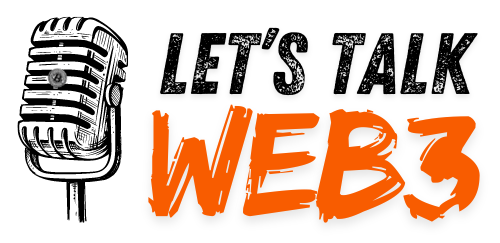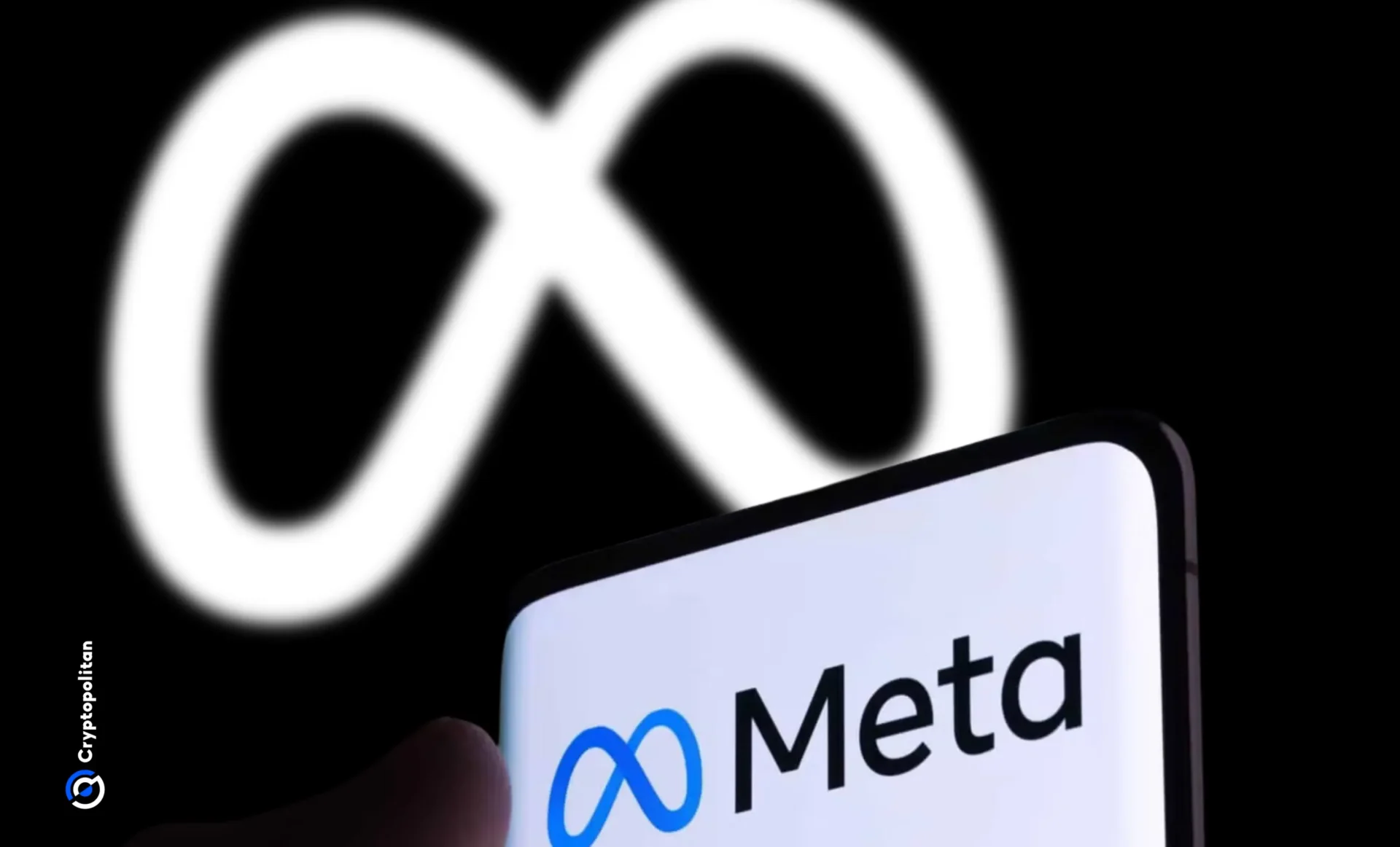A subcommittee of the Commodity Futures Trading Commission’s (CFTC) Global Markets Advisory Committee voted to approve guidelines for using tokenized shares of money-market funds as collateral for traditional financial operations.
As reported by Bloomberg on Oct. 2 citing an anonymous source, the recommendations aim to integrate blockchain technology in managing non-cash collateral consistent with margin requirements set by US regulators and derivatives clearing organizations.
If approved by the full committee later this year, the recommendations could significantly increase the adoption of tokenized collateral on financial markets. Moreover, it would improve the capital efficiency of companies looking to use tokenized collateral.
This movement benefits BlackRock’s tokenized fund BUIDL and Franklin Templeton’s FOBXX.
BUIDL currently leads the tokenized US treasuries market, with over $518 million in market size, as per rwa.xyz data. Meanwhile, FOBXX holds $435 million in market share.
Notably, BUIDL and FOBXX are the two largest tokenized money-market funds, holding nearly half of the $2.3 billion tokenized US treasuries sector.
Additionally, besides BlackRock, the subcommittee includes members such as Citadel, Bank of New York Mellon, and Bloomberg LP.
DeFi applications looking for integrations
Decentralized finance (DeFi) applications are already looking for the benefits created by merging traditional finance products and blockchain features.
Leading money market Aave proposed a new GHO Stability Module (GSM) on Aug. 26, which would use BUIDL shares to keep its stablecoin pegged to the US dollar.
The proposal consisted of using USD Coin (USDC) provided by users as collateral to get GHO to buy BUIDL shares and lock them in a smart contract.
The benefits, according to the proposal content, are two-fold: GHO’s backing gets diversified with real-world assets, while BUIDL yields create value accrual for stablecoin holders.
Moreover, stablecoin issuer Ethena Labs announced a new stablecoin completely backed by BUIDL, the UStb.
Using a real-world money-market fund deployed on-chain, Ethena wants to provide a more stable alternative to its funding rate-backed stablecoin USDe.
Mentioned in this article





